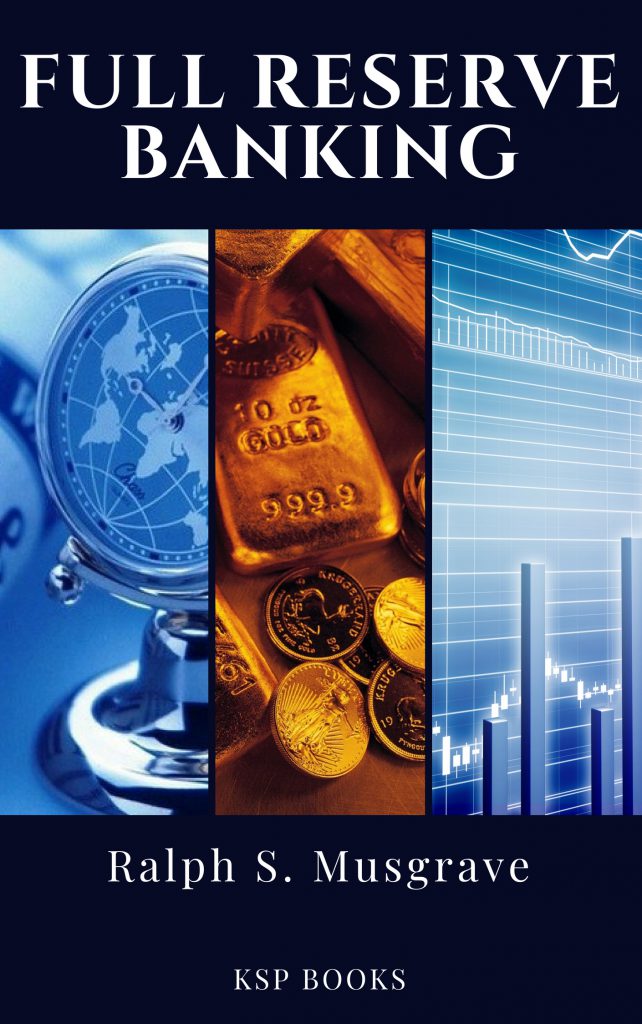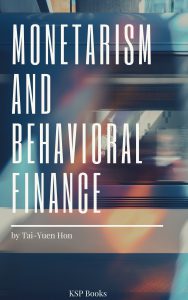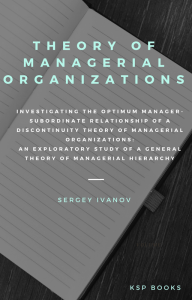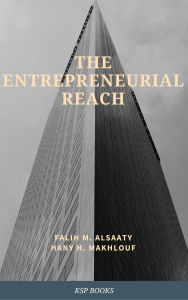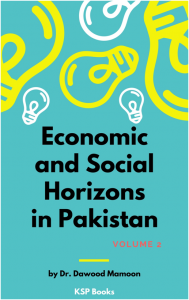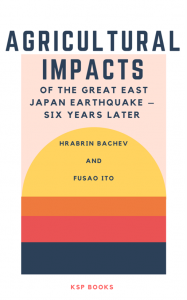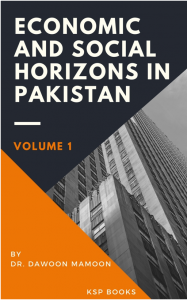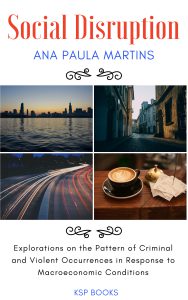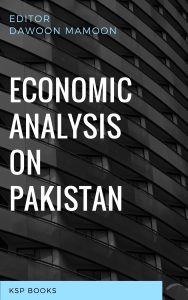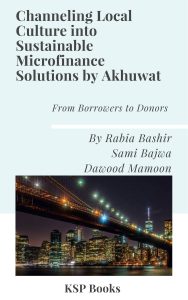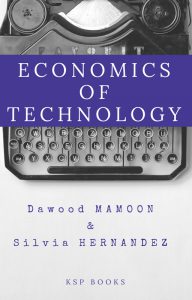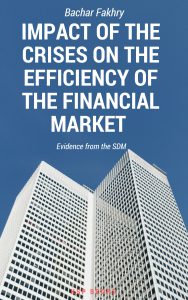Full Reserve Banking
Synopsis
Under the existing bank system, it is not just central banks and governments which create money: commercial banks do so as well. Many leading economists, including at least five Nobel laureate economists, have had doubts as to whether commercial banks should be allowed to do that. Indeed one of those Nobel laureates, Maurice Allais, described money creation by commercial banks as counterfeiting.
“Full reserve” and “100% reserve” are names given to bank systems where commercial banks are not allowed to create or “print” money, or at least where that money creation is curtailed. Other names include “Sovereign Money” and “Vollgeld”.
The arguments for and against full reserve are complicated. One of the best arguments for full reserve, put by Joseph Huber among others, is that letting commercial banks create money amounts to a subsidy of those banks: clearly a money lender (and that is what commercial banks are) which can simply create the money it lends out is in a better position than a money lender who has to obtain money the same way every household and non-bank firm obtains money: earning it or borrowing it.
Put another way, there is no obvious reason why money lenders should enjoy the luxury of being able to print money, while garages, restaurants, etc cannot. The only reason why commercial banks can create money so easily is that money creation merges seamlessly with what they do anyway, namely grant loans.
Another important argument for full reserve (set out in detail in Ch 5 below) is that banks, in that they accept deposits and lend on depositors’ money are essentially no different other investment intermediaries like stockbrokers, unit trusts, mutual funds, private pension schemes etc. But for some strange reason, those who place money with banks enjoy taxpayer backed deposit insurance, while those who deposit money at other investment intermediaries do not. That clearly amounts to preferential treatment for banks, a form of preferential treatment which should be abolished.
The chapters below consist of a series of working papers written by the author and related in some way to full reserve. Those working papers were published by the Munich Personal RePEc Archive between 2011 and 2018 inclusive. In contrast, the author’s most recent and full treatment of full reserve is in a KSP book entitled “The solution is full reserve / 100% reserve banking.” That is the 3rd edition of that book.
Contents
About Author
ISBN
978-605-2132-86-9
Date of Publication
December 15, 2018
File Size: 1616 KB
Length: viii + 92 pages
This work is licensed under a Creative Commons Attribution 4.0 International License.
